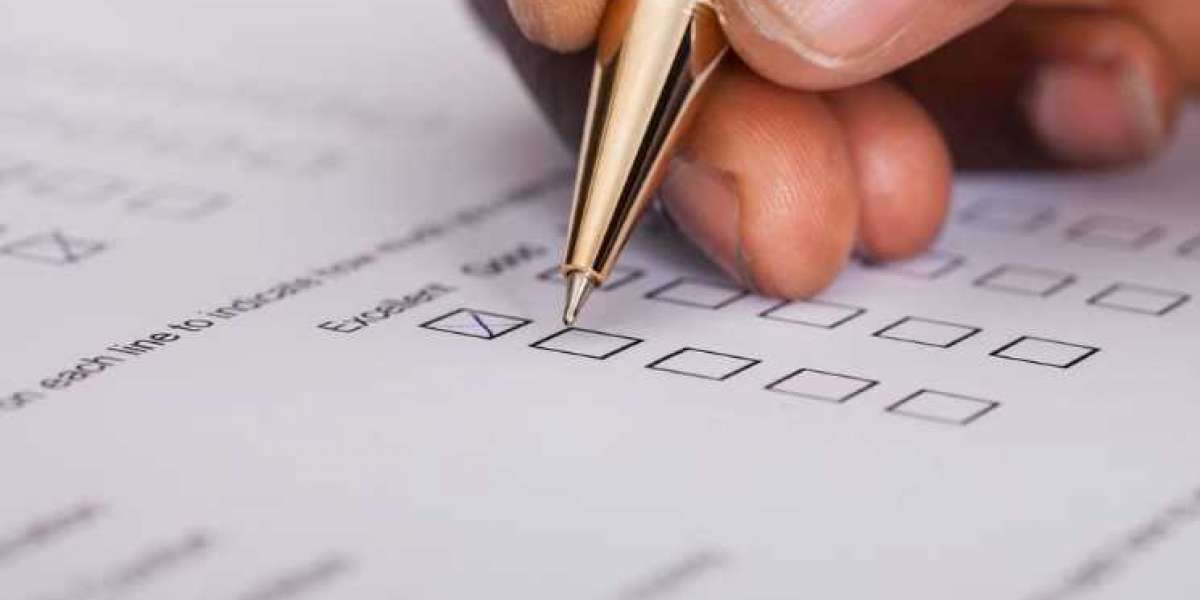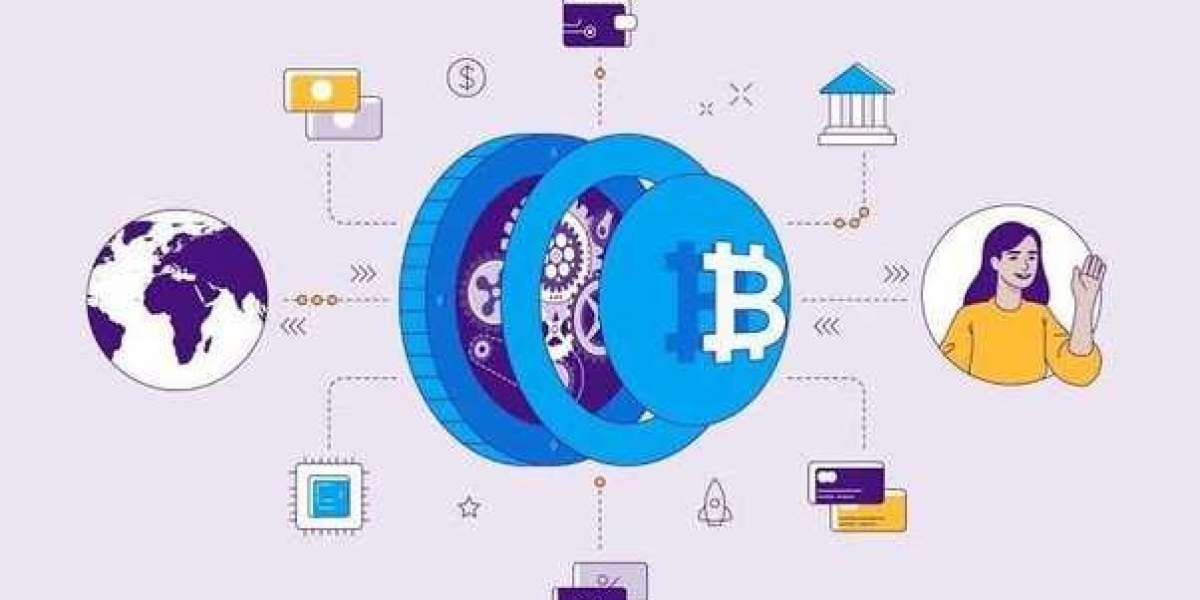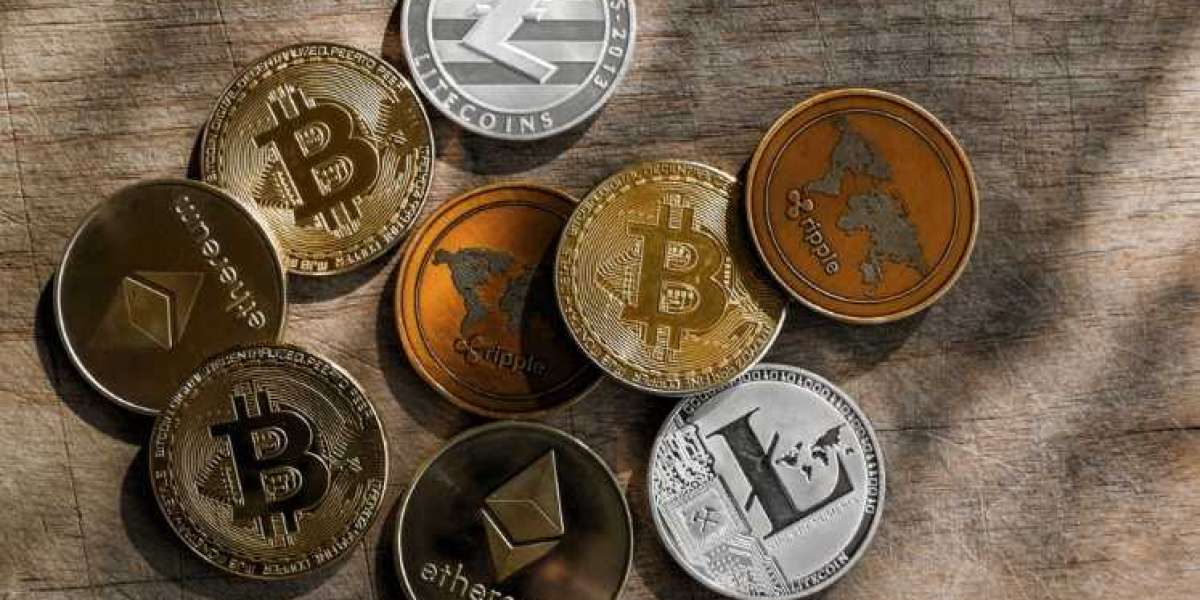Will the Relationship Between El Salvador and Bitcoin Fail?
The University of Central America is responsible for carrying out the survey. A little over three quarters of those who took part in the study reported that they had not utilized any kind of cryptocurrency all throughout 2022. A total of 77 percent of those who took part in the survey stated unequivocally that they do not believe that adopting bitcoin as a form of legal cash would be a good idea. They claim that using just USD was not a problem at all for them.
When one takes all of these outcomes into serious consideration, it's a shame. El Salvador most certainly had the best of intentions when it decided to grant its people full financial freedom via bitcoin; after all, what could be a better method to accomplish such a goal? Up until that moment, the nation had for a very long time been dependent on the U.S. dollar to keep its economy afloat, and it wanted to allow itself some discretion in what it could do as far as its monetary policy was concerned.
El Salvador is already discovering the hard way that putting a concept like implementing bitcoin into practice is frequently far simpler to say than it is to really accomplish. When the government was informed by the World Bank that it would not receive any help in the area of its bitcoin ambitions, it was the beginning of some quite comical events for the country. The organization maintained that bitcoin was far too volatile and speculative to be taken seriously, and as a result, it did not see the advantage in establishing bitcoin as a legal form of money that anyone could use to pay for products and services.
In addition, there were a lot of issues that surrounded the public, as the people of San Salvador, which is the capital city of the country, started rioting in the streets as a method to protest what they considered to be forced usage. This led to a lot of other issues. They asserted that bitcoin was excessively linked to illegal behavior and fraudulent activities, and as a result, they were concerned about the repercussions that bitcoin may have on their home country and the damage it could do.
Last but not least, the Chivo wallet system, which was designed to offer locals with access to bitcoin, was plagued by a number of technical challenges, which, for a period of time, prohibited owners from having access to the monies that had been supplied to them. Although El Salvador made every effort to emerge from the bitcoin tunnel uninjured, it appears that the country has emerged on the other side caked in mud and filth instead.
Things are always capable of turning around.
But by now, we are aware that the worlds of blockchain and bitcoin may be fraught with a great deal of unpredictability. Only a year ago, the digital currency that held the number one spot in terms of market capitalization was selling at a stunning $68,000 per unit. Even if it has lost more than 70 percent of its value as of the time this article was written, there is no reason to believe that the currency will not be able to get back to its former self and reach the highs it achieved around one year ago.
It's possible that after bitcoin's reputation has been restored, people in El Salvador may start showing more interest in the commodity.




Francis Precious 1 y
Great job